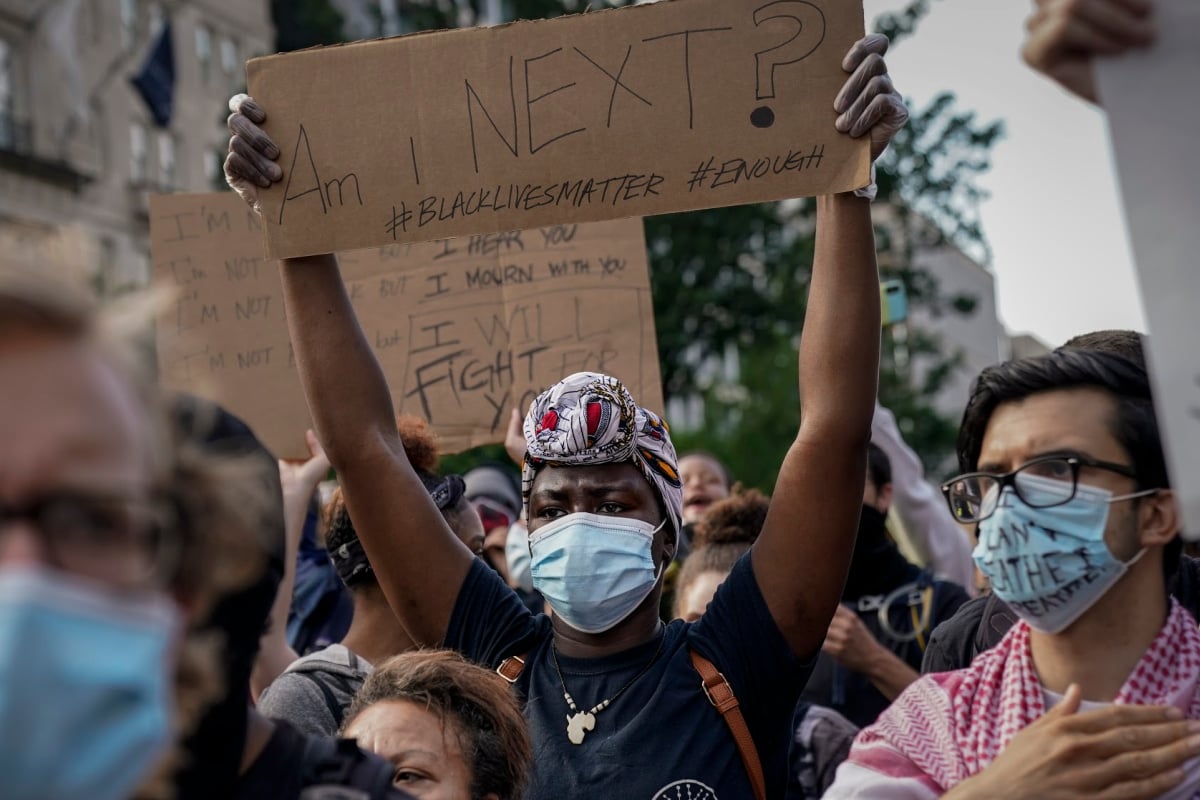
The protests that have engulfed American cities in the past week are rooted in decades of frustrations. Racist policing, legal and extra-legal discrimination, exclusion from the major avenues of wealth creation and vicious stereotyping have long histories and endure today.
President Donald Trump addressed America about the protests. Post continues below.
African Americans have protested against these injustices going back as far as the post-Civil War days in the 1870s. Throughout the 20th century, there were significant uprisings in Chicago (1919), New York City’s Harlem neighbourhood (1935), Detroit (1943) and Los Angeles (1943, 1965, 1992).
And in what became known as the “long, hot summer of 1967“, anger in America’s cities boiled over. The Civil Rights Act of 1964 had ended segregation, but not brought equality. Racial injustice at the hands of police remained. Protesters took to the streets in more than 150 cities, leading to violent clashes between black residents and largely white police forces.
White moderates condemned these armed rebellions as the antithesis of the famed nonviolent protests of civil rights activists. But Martin Luther King, Jr., himself, recognised that the success of nonviolence lay in the ever-present threat of violence.

Top Comments
This comment was removed by Mamamia's moderators because it violated our community guidelines. You can read more about Mamamia's community policies here.
This comment was removed by Mamamia's moderators because it violated our community guidelines. You can read more about Mamamia's community policies here.